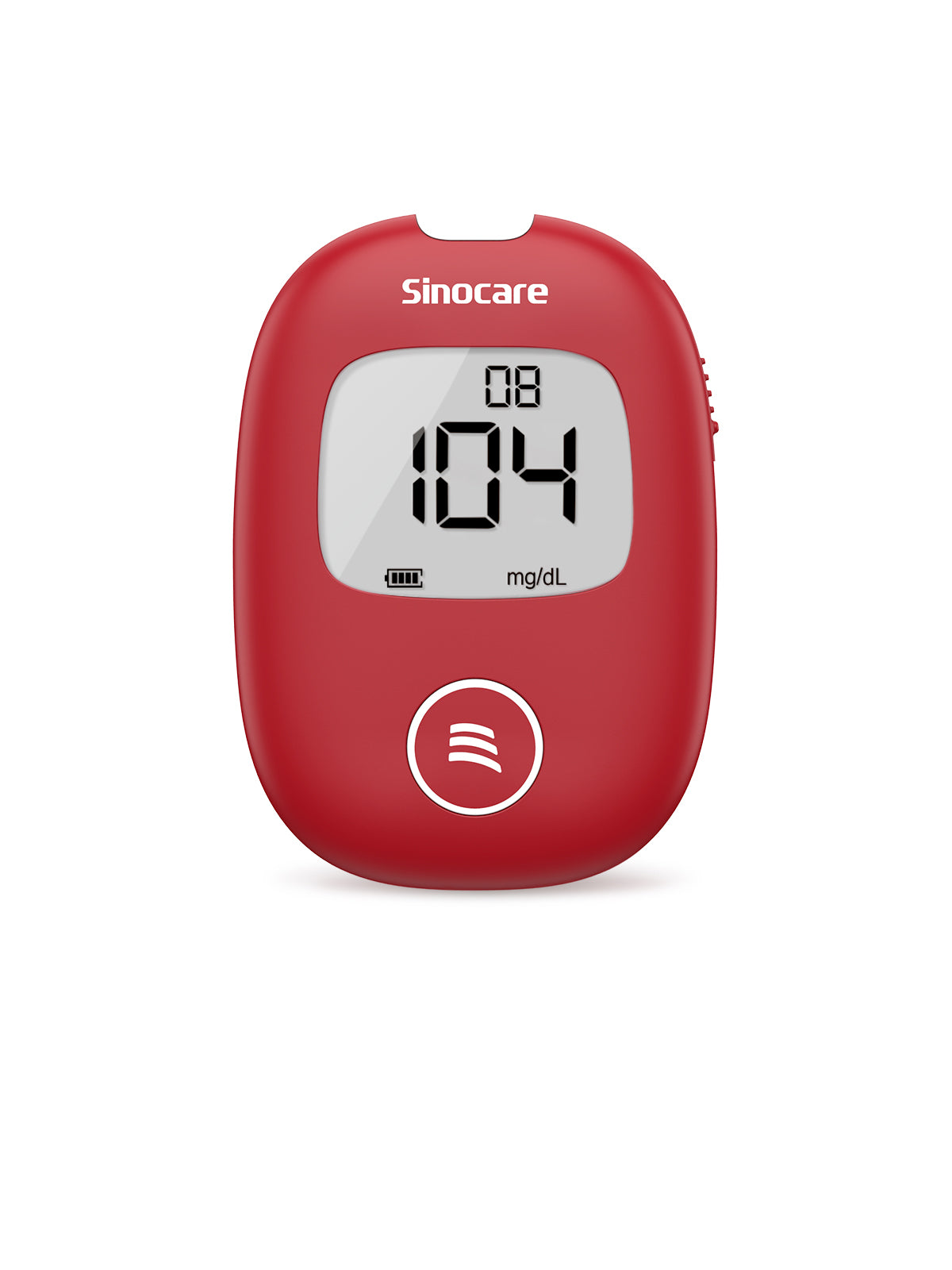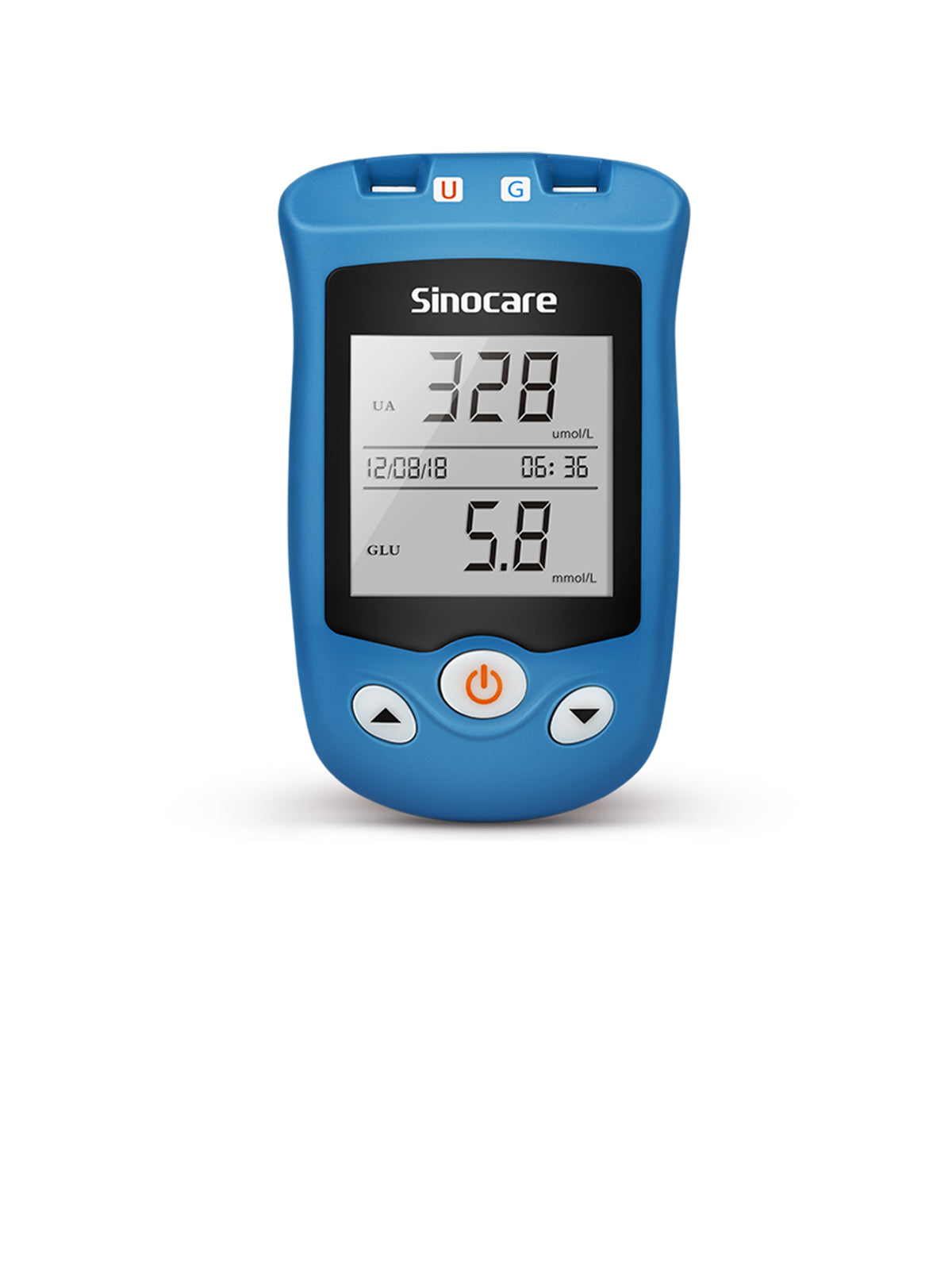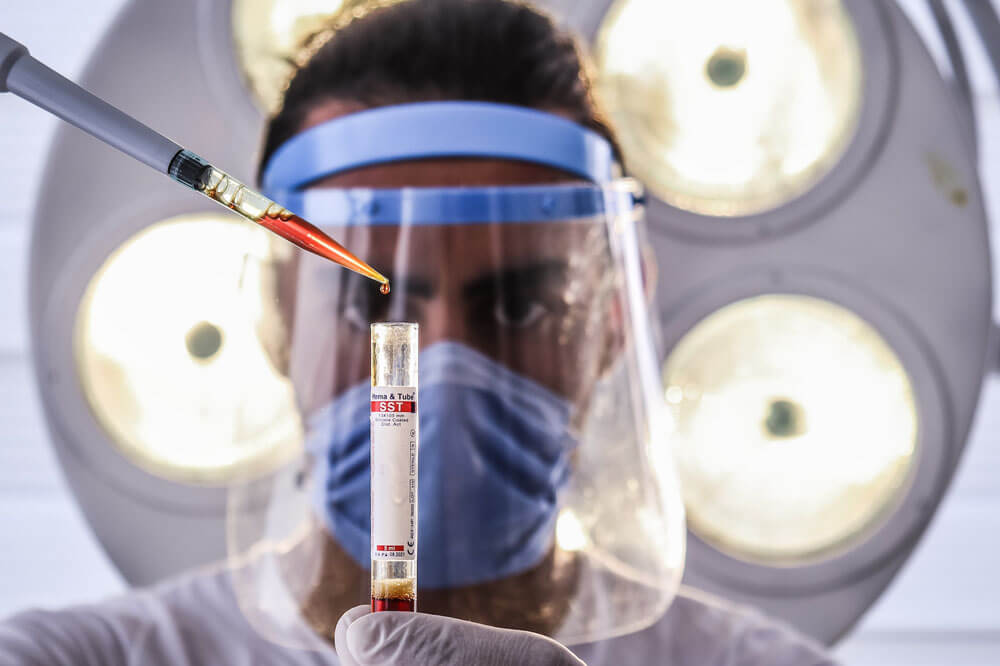Table of Contents
Carbs in Meat Pies (Mince Pies or Cottage Pies)
Will Meat Pies Spike my Blood Glucose Level?
Suggestions for Eating Meat Pies with Diabetes
Change the Topping from Potato to Vegetables
Choose Lean Meat (Instead of Fat Meat)
Frequently Asked Questions (FAQs)
Reference
A meat pie is a delicious, super-comforting meal we all love to eat. It is like it sounds: a savory pastry stuffed with minced meat, vegetables, and tasty spices. And it becomes a snap if we use ready-made pie crusts.
This ultimate comfort food, however, is not a healthy meal choice for people with diabetes. Meat pies contain a high amount of saturated fat, sodium, and sugar. These unhealthy nutrients can raise the risk of heart disease, stroke, cancer, and other chronic conditions. [1], [2]
If someone is diabetic but loves meat pies, they can still eat them by making a few healthy dietary modifications. Such changes will enable them to enjoy their favorite food while keeping their blood sugar in check. This article discusses the alternatives we may try without totally avoiding meat pies.
Carbs in Meat Pies (Mince Pies or Cottage Pies)
Nutritional contents in a meat pie vary greatly depending on the type of ingredients used and how it is cooked. For example, the nutrients in a typical mincemeat pie differ a lot from that of a cottage pie.
According to the USDA, one piece (1/8 of 9") (165 g) of mince pie contains about 477 calories.[3] Check out the following pie chart to see the nutrition facts of a mincemeat pie.

On the other hand, one individual (250 g) cottage pie contains about 308 calories. Of these, around 142 calories come from fat.[4] The below pie chart shows the nutrition facts of a cottage pie.

Will Meat Pies Spike my Blood Glucose Level?
Yes, meat pies can certainly raise our blood sugar levels. In fact, people with diabetes should cut down their intake of red and processed meats.
Red meat is one of the most common risk factors for type 2 diabetes. Studies have consistently suggested that the intake of red meat can aggravate various chronic conditions such as diabetes, heart diseases, and malignancies.[1], [5]
Both fresh and processed red meat can cause spikes in our blood sugar levels. They contain several nutrients that can raise the risk of diabetes and other chronic conditions. These include heme, iron, saturated fat, and sodium.
Our body easily absorbs heme iron from red meat. But if we eat it too much, the iron will accumulate in our body and promote inflammation. Studies suggest this can ultimately lead to cell damage and chronic inflammatory conditions in some people. [6]
High intake of saturated fat may cause plaque buildup in the arteries.[7] These plaques can block blood flow in our arteries by clogging them. Sometimes the plaque can even burst and cause a blood clot, ultimately leading to a heart attack.
The high amount of sodium, per se, can raise blood pressure and cause insulin resistance. [5]
Also, the added preservatives in processed meats can do more harm to our bodies than good. They can affect our blood sugar level by impairing insulin release from the pancreas. These nitrous preservatives also aggravate chronic diseases by elevating cell damage.[5], [8]
Suggestions for Eating Meat Pies with Diabetes
Having diabetes does not mean that we must cut sugar completely from our diet. We can still enjoy tempting treats like meat pie, but we must limit carbs.
Overindulging in fatty and sugary foods will surely raise blood sugar levels. Try the following alternatives to traditional mince pies.
Change the Topping from Potato to Vegetables
Researchers have long identified potatoes as a culprit for obesity and diabetes.[9] They are rich in the type of carbohydrate that our body digests rapidly. This can cause a sudden rise and a drop in blood sugar and insulin.
In scientific terms, they are thus classified as foods with a high glycemic index (GI). In fact, research suggests that a cup of potatoes has the same effect on blood glucose that a can of coke or a handful of jelly beans does.[10], [11]
Another downside of a high GI food is that it gives a brief energy boost after eating. This can make us quickly feel tired and hungry again, ultimately leading us to overeat.[12]
Dietitians thus often lessen the intake of potatoes when recommending a low-GI diet.
Avoid Processed Meat
Processed meats are more energy dense but less nutrient-rich than unprocessed meats. They require little effort to digest the carbohydrates into glucose. As a result, glucose enters the bloodstream quickly, causing blood sugar spikes.[2]
Moreover, processed red meat increases the risk of diabetes and heart disease by two to three folds than fresh meats.[1],[5] Industrial meat processing makes it high in sodium, saturated fat, and other harmful compounds. The processing also adds nitrous preservatives to the meats.
As stated above, these compounds can raise blood sugar levels, hamper insulin release, and cause elevated cell damage.
Choose Small Sized Meat Pie
Mini or small-sized meat pies have the same taste as regular ones. The only difference between the two versions is the size.
By switching to the mini version, we can still taste meat pies while minimizing the calories, fat, and sugar consumed. In fact, by adjusting the carbs we eat, we can enjoy all our favorite foods, keeping our blood sugar in check.
Choose Lean Meat (Instead of Fat Meat)
Lean meats are the best option for diabetes patients who want to reduce their intake of unhealthy fats. They also serve as a safe source of protein and some essential nutrients.
Lean meats have fewer calories and are lower in saturated fats and cholesterol than non-lean meats. Examples of lean meat include:
- white meats like skinless chicken, turkey, and Cornish game hen
- wild game such as rabbit and venison
- goose, duck, and pheasant (without skin)
- beef and pork cuts with the least fat, such as sirloin tip, tenderloin, ground round,
- flank steak, Canadian bacon, etc.
Frequently Asked Questions (FAQs)
Can Diabetics Eat Sausage?
Yes, people with diabetes can eat sausage. However, they need to limit their intake as sausages are high in sodium and saturated fats.
Sausages are, in fact, a good source of protein, but it's the mode of preparation that makes them the worst choice for diabetics. The cooking process involves curing the sausages with added salts, sugar, and preservatives. These unhealthy ingredients can overwhelm blood sugar levels.
The unsweetened sausage can be a healthier alternative. This low-carb version will allow us to cut back on any added sugar. And, of course, we should try it in moderation.
Can Diabetics Eat Bacon?
Yes, diabetics can eat bacon, but like sausages, it's best to moderate their intake.
Bacon is a similar type of processed food to sausages. They also contain additional sugar, salt, preservatives, and seasonings. Thus, eating bacon carries almost the same health risks as eating sausage.
Research has shown that eating processed meats like bacon or sausage can increase the risk of heart disease and diabetes by 42% and 19%, respectively.[13]
To sum up, one can enjoy bacon occasionally, but we should not forget to count the carbs we consume!
Can Diabetics Eat Stew?
Yes! Stew can serve as a low-calorie option for people with diabetes. Although it includes chunks of red meat, we can infuse plenty of veggies into the broth.
All we need to do is make the stew low in carbs! We can do this simply by replacing high-GI potatoes with low-carb turnips. After we finish cooking the stew, the turnips will be so soft and delicious that no one will ever guess that we replaced potatoes with turnips!
Final Thoughts
Having diabetes does not mean that we must avoid meat pies. If anyone can balance the carbs they consume, they will be able to enjoy all types of tempting treats they like. At the same time, they will also keep their blood sugar and insulin in check.
However, if we can't manage our diabetes, we will expose ourselves to several health complications.
So, always remember a balanced, nutritious diet is all we need to follow to keep our blood sugar in check.
Reference
1. Kouvari M, Notara V, Kalogeropoulos N, Panagiotakos DB. Diabetes mellitus associated with processed and unprocessed red meat: an overview. International journal of food sciences and nutrition. 2016 Oct 2;67(7):735-43. DOI: https://doi.org/10.1080/09637486.2016.1197187.
2. Feskens EJ, Sluik D, van Woudenbergh GJ. Meat consumption, diabetes, and its complications. Current diabetes reports. 2013 Apr;13(2):298-306. DOI: https://doi.org/10.1007/s11892-013-0365-0.
3. Food Data central [Internet]. Usda.gov. [cited 2022 Nov 8]. Available from: https://fdc.nal.usda.gov/fdc-app.html#/food-details/175019/nutrients.
4. Food Data central [Internet]. Usda.gov. [cited 2022 Nov 8]. Available from: https://fdc.nal.usda.gov/fdc-app.html#/food-details/2342026/nutrients.
5. Misra R, Balagopal P, Raj S, Patel TG. Red meat consumption (heme iron intake) and risk for diabetes and comorbidities?. Current Diabetes Reports. 2018 Nov;18(11):1-6. DOI: https://doi.org/10.1007/s11892-018-1071-8.
6. Powell LW, Seckington RC, Deugnier Y. Haemochromatosis. Lancet. 2016;388(10045):706–16. DOI: https://doi.org/10.1016/s0140-6736(15)01315-x.
7. Nettleton JA, Brouwer IA, Geleijnse JM, Hornstra G. Saturated fat consumption and risk of coronary heart disease and ischemic stroke: a science update. Annals of Nutrition and Metabolism. 2017;70(1):26-33. DOI: https://doi.org/10.1159/000455681.
8. de la Monte SM, Tong M, Lawton M, Longato L. Nitrosamine exposure exacerbates high fat diet-mediated type 2 diabetes mellitus, non-alcoholic steatohepatitis, and neurodegeneration with cognitive impairment. Molecular Neurodegeneration. 2009 Dec;4(1):1-21. DOI: https://doi.org/10.1186/1750-1326-4-54.
9. Guo F, Zhang Q, Jiang H, He Y, Li M, Ran J, Lin J, Tian L, Ma L. Dietary potato intake and risks of type 2 diabetes and gestational diabetes mellitus. Clinical Nutrition. 2021 Jun 1;40(6):3754-64. DOI: https://doi.org/10.1016/j.clnu.2021.04.039.
10. Muraki I, Rimm EB, Willett WC, Manson JE, Hu FB, Sun Q. Potato consumption and risk of type 2 diabetes: results from three prospective cohort studies. Diabetes care. 2016 Mar 1;39(3):376-84. DOI: https://doi.org/10.2337/dc15-0547.
11. Salvador AF, McKenna CF, Alamilla RA, Cloud RM, Keeble AR, Miltko A, Scaroni SE, Beals JW, Ulanov AV, Dilger RN, Bauer LL. Potato ingestion is as effective as carbohydrate gels to support prolonged cycling performance. Journal of Applied Physiology. 2019 Dec 1;127(6):1651-9. DOI: https://doi.org/10.1152/japplphysiol.00567.2019.
12. Abete I, Astrup A, Martínez JA, Thorsdottir I, Zulet MA. Obesity and the metabolic syndrome: role of different dietary macronutrient distribution patterns and specific nutritional components on weight loss and maintenance. Nutrition reviews. 2010 Apr 1;68(4):214-31. DOI: https://doi.org/10.1111/j.1753-4887.2010.00280.x.
13. Micha R, Wallace SK, Mozaffarian D. Red and processed meat consumption and risk of incident coronary heart disease, stroke, and diabetes mellitus: a systematic review and meta-analysis. Circulation. 2010 Jun 1;121(21):2271-83. DOI: https://doi.org/10.1161/circulationaha.109.924977.










1 comment
Bryce healey
Ate a meat pie and BSL rose to 22
Leave a comment
All comments are moderated before being published.
This site is protected by hCaptcha and the hCaptcha Privacy Policy and Terms of Service apply.